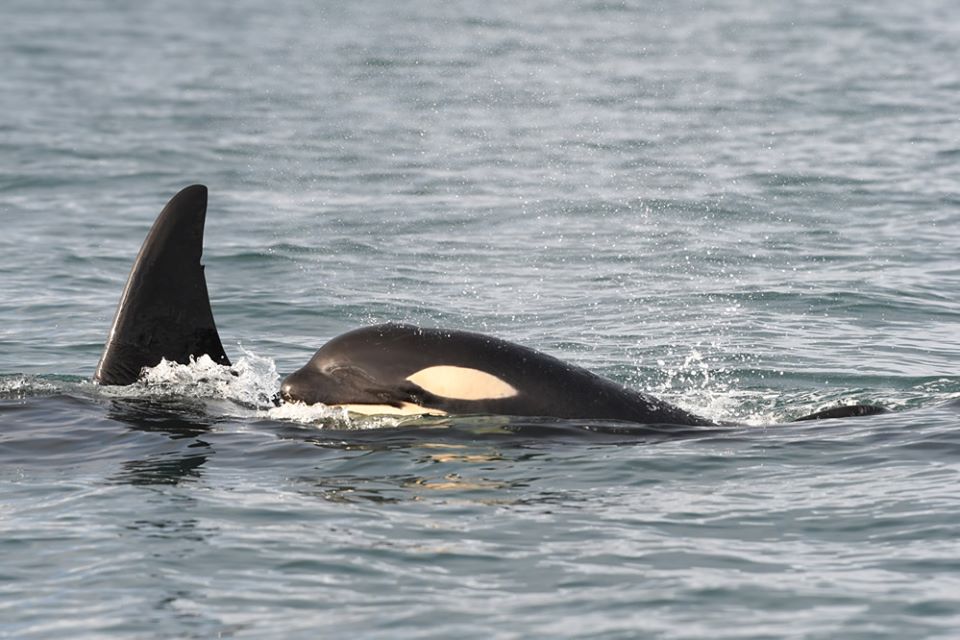A whale research group on the coast of Washington state says another of the region’s endangered southern resident killer whales is missing and feared dead.

Orca L41, popularly known as “Mega,” was one of just 73 remaining members of the threatened population.
The Centre For Whale Research, a non-profit group with a decades-long history of tracking the animals, says it fears the worst after its latest observation trip.
“Unfortunately, L41 was not present for the entire encounter,” the group wrote in a Facebook update.
“Given his age and that he looked a little thin in our January 2019 encounter, we fear he may be gone and will consider him missing unless he shows up unexpectedly in an upcoming encounter.”
The adult male was born in 1977 to mother L11, who is believed to have died in 2000, according to the Orca Network.
The National Oceanic and Atmospheric Administration (NOAA) said L41 was among the oldest whales in the southern resident population, and had 21 known offspring.
The centre did, however, note a bright spot in the encounter: the presence of a healthy-looking calf L124 — one of two young orcas born last year.

Concern for the southern resident population has been growing in recent years amid a string of failed births and the loss of several adults, some of breeding age.
Three southern residents died over the summer after having shown signs of malnutrition for months.
Mega’s entire L-pod, one of three groups of endangered southern residents, was late to return to the Salish Sea last summer for their traditional feeding season.
Researchers say there are many potential causes for the endangered population’s decline but that a shortage of Chinook salmon — their primary source of food — is of particular concern.
- ‘A new beginning’: First Nation ravaged by B.C. wildfire unveils new subdivision
- B.C. teen’s killer says new TV show about Reena Virk’s murder ‘disrespectful’
- Man accused of Victoria carjackings arrested a third time in as many days
- ‘If we stay with it, they will come’: Canucks sticking to game plan with series tied 1-1




Comments